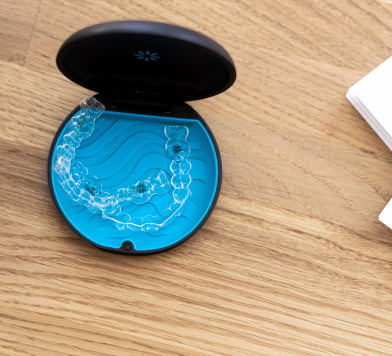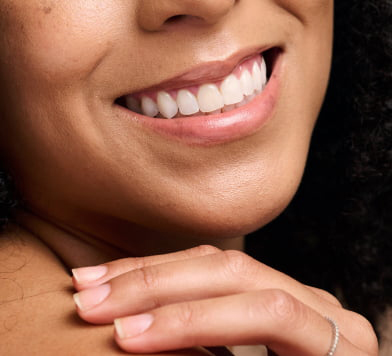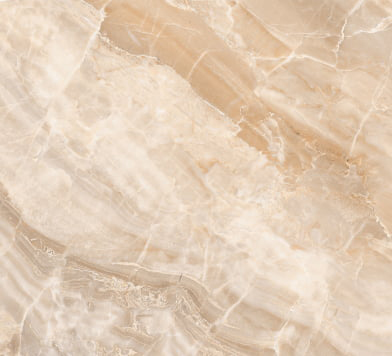Ah, the eternal debate for hot beverage aficionados: tea or coffee? These drinks are not just about taste or preference; they are cultural symbols, pick-me-ups, and comfort in a cup. However, there’s another aspect to consider: their effect on the whiteness of your teeth. As more people become concerned about dental aesthetics, it’s time to delve into this hot topic. Today’s article will explore the complex science behind teeth staining, specifically zooming in on the culprits in tea and coffee. Drawing upon insights from UK dental associations and scientific research, we aim to settle this debate once and for all.
Staining of teeth isn’t just about aesthetics; it’s a dental concern with a well-defined scientific basis. Our teeth are composed of an outer hard shell called enamel, and beneath it, a softer structure known as dentin. Chromogens, tannins, and acidity in beverages like tea and coffee interact with enamel, leading to progressive discolouration over time. These compounds adhere to the enamel, gradually altering the colour of the teeth, often creating an environment conducive to staining.
Tea, a beverage steeped in tradition and culture, is also packed with compounds like flavonoids and tannins that are known for their staining abilities. While all teas are derived from the same plant—Camellia sinensis—the level of oxidation determines whether the tea is green, black, or somewhere in between, like oolong. Each type has a distinct chemical makeup, influencing its staining potential. Herbal teas, being less oxidized, often show less propensity to stain teeth.
Coffee, a universal wake-up call, is far more than a caffeine delivery system. Compounds like chlorogenic acid and polyphenols found in coffee are also adept at staining enamel. Intriguingly, not all coffee is created equal when it comes to staining. The darkness of the roast, brewing method, and even geographical origin can alter its staining properties.
If you’ve ever wondered whether to switch your morning cuppa to protect your teeth, you’re not alone. Most scientific studies surprisingly suggest that tea, particularly darker varieties like black and oolong, stains teeth more than coffee. These studies consider average consumption patterns and scientifically measure discolouration levels, providing a comprehensive understanding that often leans in favour of coffee as the lesser evil.
While the type of beverage is important, other factors can significantly impact teeth staining. Temperature, additives like sugar and milk, and how often you consume these beverages can either mitigate or exacerbate their staining ability. For example, adding milk to your tea or coffee can substantially reduce its staining potential due to proteins in milk that bind to staining compounds.
For those looking to mitigate the effects of these popular beverages, there are several strategies to consider. Using a straw can reduce the contact time between the beverage and your teeth. Consuming these beverages with meals can also limit their staining impact. The UK National Health Service (NHS) and the British Dental Association recommend regular dental check-ups and cleanings and suggest using at-home whitening products approved by dental professionals to keep your teeth gleaming.
In the quest to provide a well-rounded view, we talked to numerous individuals who had undergone teeth whitening procedures after years of indulging in tea or coffee. Interestingly, those who mainly consumed black tea reported requiring more frequent treatments, aligning with our scientific findings. Personal experiences, like these, bring additional layers of understanding, bridging the gap between scientific data and real-world implications.
Both tea and coffee come with a hefty dose of pleasure and comfort, but they also bring along the baggage of teeth staining. While our investigation reveals that tea, especially darker varieties, is generally a greater offender, lifestyle factors like additives and frequency of consumption should not be ignored. In short, the relationship between these beloved beverages and the colour of your teeth is a complex affair, impacted by various scientific and lifestyle factors.
Your experiences and insights matter. If you have found ways to manage teeth stains effectively or have questions about them, please share them in the comments section or engage with us on social media. Let’s create a community that enjoys their cuppa without compromising on a radiant smile!
Looking for Professional Teeth Whitening Services? If you’re in the Mumbles and Swansea areas and are concerned about teeth staining due to tea or coffee consumption, consider reaching out to Mumbles Dental House. Our professionals are highly experienced in teeth whitening procedures and can help you regain your confident, radiant smile. Book your appointment today!
BACK TO BLOGWe Love our Patients
"I am so glad I've discovered Ali, Duncan and the team at Mumbles Dental Spa. I felt let down by my last dentist and so was a bit fearful of finding someone new. I went..."
Emma P
"Been waiting over a year on NHS for tooth extraction, so decided to give Ali a visit after family recommendations. Let's face it, dentist visits aren't exactly nice, but I was actually excited about this..."
Rachael C
"Thank you very much to Ali and his team for making me feel very relaxed at my first appointment and explaining everything to me. Recommend these guys 100%."
Gander C
"I got a wisdom tooth removed at the Mumbles Dental Spa recently and was a bit nervous about it. It turned out to be a really good experience. I felt in the best hands with..."
Kuni W
"Amazing care at Mumbles Dental Spa, as always! All the girls from Caroline, the receptionist to Beverly, the hygienist to my new dentist Ali who is so brilliant and all the staff… thank you for..."
Louise P
"Ali saw one of our performance rugby players at extremely short notice. By the time she arrived at the clinic, he was scrubbed and ready to see her. As a result, he saved her front..."
Imelda M







